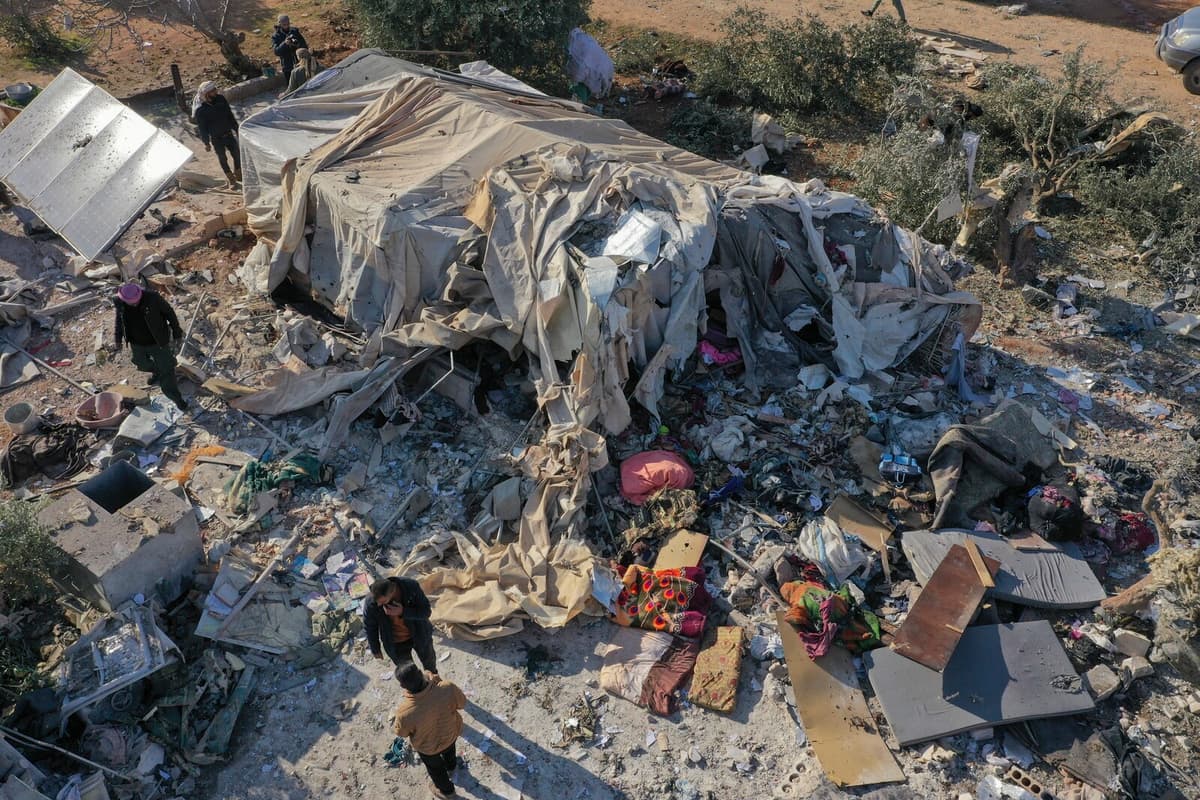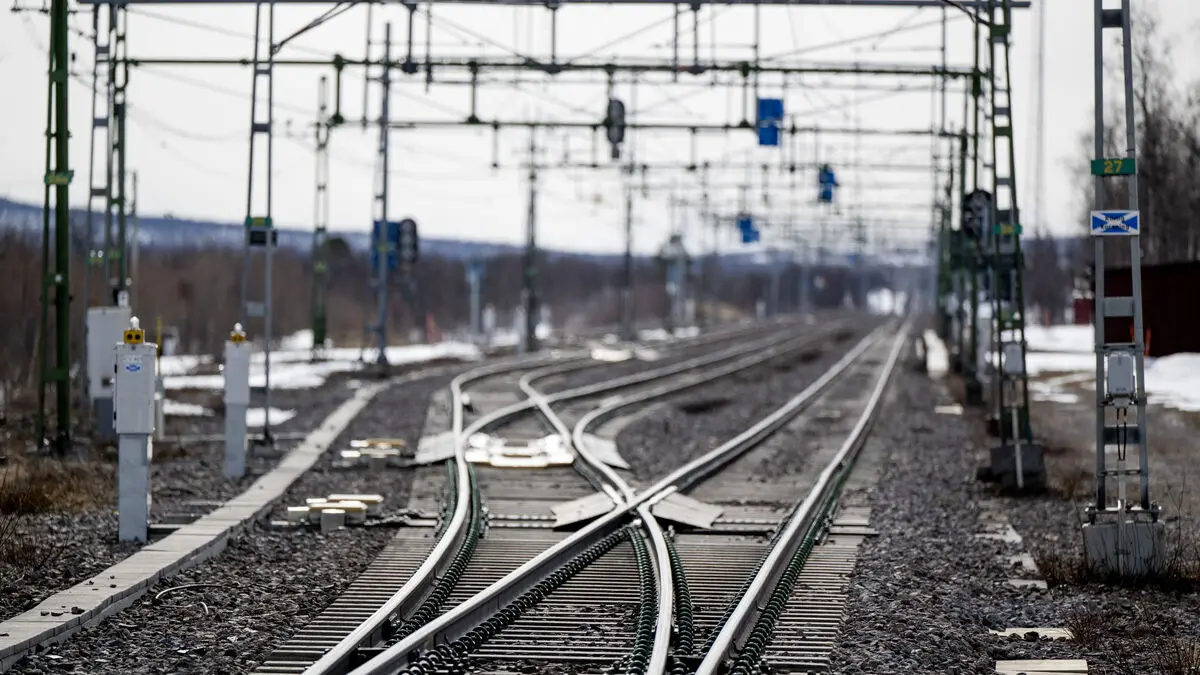About half of the people forced to leave their homes in the two provinces are children.
"The displacement situation is still very fluid, new figures are being verified daily. On November 30, over 48,500 people had been displaced," says Ocha.
This is a significant increase since November 28, when the same figure was 14,000 people.
"Must protect civilians"
Tom Fletcher, head of Ocha, writes on X that the situation is very worrying.
"Tens of thousands of people are on the move; critical community activities have been disrupted; women, men, and children who fear for their safety," he writes, adding:
"The Syrians have already endured over 13 years of suffering. All parties must do more to protect civilians."
Even UN Secretary-General António Guterres is calling, through his spokesperson Stéphane Dujarric, for the protection of civilians.
"This includes allowing safe passage to civilians fleeing hostilities," emphasizes Dujarric in a statement.
Due to the unrest, the UN's peacekeeping efforts have largely been suspended in Aleppo, Idlib, and Hama – which in turn makes it more difficult for people to access healthcare and other life-saving assistance.
Unburied bodies
According to Stéphane Dujarric, public health in Syria is threatened by "the presence of unburied bodies and lack of drinking water," while damage to Aleppo University Hospital has left hundreds of patients without care.
"Syria was already before this one of the world's largest humanitarian crises, with 16.7 million people in need of assistance and over seven million internally displaced persons," says Dujarric.
It was last week that the jihadist group Hayat Tahrir al-Sham (HTS) took control of the war-torn city of Aleppo, after launching an offensive against government forces loyal to Bashar al-Assad the week before.
Russia has since helped the Syrian army with airstrikes against areas in the provinces of Idlib and Aleppo in the northwestern parts of the country.
Syria's President Bashar al-Assad remains in power after the devastating civil war, which was triggered by the Arab Spring in 2011, has ravaged large parts of the country. al-Assad has continued support from Russia, Iran, and Shia militias in the region. Currently, however, his allies are largely tied up in other wars and conflicts.
The wars just to the west, in Gaza and Lebanon, have in a way spilled over into Syria as Israel has stepped up airstrikes against targets in Syria.
The Assad regime has limited control over Syria's territory, as Kurdish forces maintain self-rule in the northeast and another collection of rebel forces holds areas in the north and northwest, largely with support from Turkey.
Aleppo was Syria's largest city before the outbreak of war in 2011, but in a long and bloody siege, large parts of it were reduced to ruins by indiscriminate Russian airstrikes. In 2016, government forces regained control of the city, which became a clear turning point in the war.






